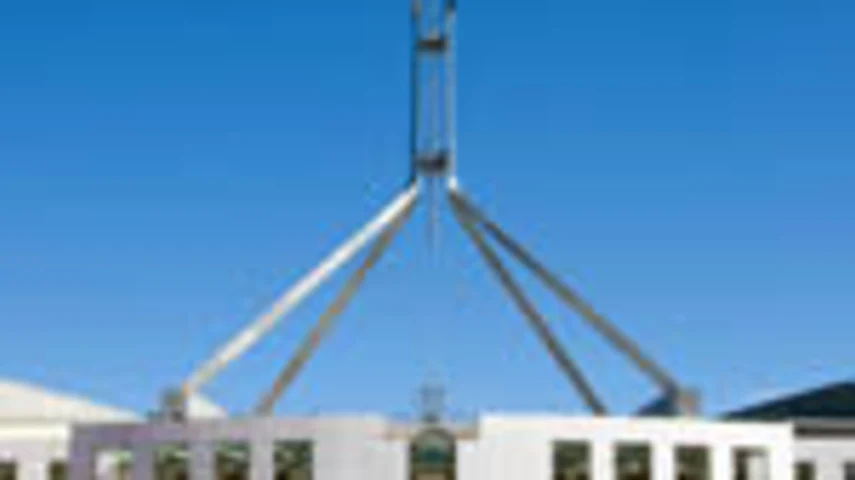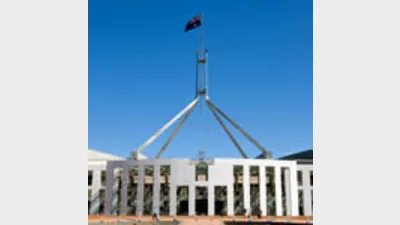Budget tinkering tarnishes Labor’s superannuation legacy



The superannuation tinkering contained in the Federal Budget makes it a poor legacy for a Government sharing the same heritage as the Hawke/Keating originators of the Superannuation Guarantee.
If there has been a common theme to research conducted in the financial services industry over the past decade, it is that government tinkering with the superannuation policy settings only serves to undermine investor confidence in superannuation.
Putting aside issues of investor confidence, the Government’s Budget night changes have also served to increase the workload on both superannuation funds and administrators as they seek to accommodate the new, differential taxation approach.
This extra burden on funds and administrators comes on top of that already being carried as the industry attempts to cope which the changes flowing from the Government’s Stronger Super agenda, not least the requirements around MySuper, SuperStream and initiatives such as auto-consolidation.
As the roundtable recently published by Super Review makes clear, the challenges being confronted by almost all the superannuation stakeholders and service providers are considerable and will require a good deal of time and effort to bed down.
What is disturbing about the changes announced in the Federal Budget is that it is hard to accept that they are not an almost totally politically expedient exercise – a part of the Government’s efforts to fulfill its undertaking to return the Budget to surplus in the 2012-13 Budget year.
Just how politically expedient this exercise has proved to be is underlined by the fact that the Government’s critics have claimed that it lacks legitimacy, based on the ultimate size of the forecast surplus and the manner in which it is being achieved.
Indeed, it is hard to argue with those who maintain that the inherent costs of tinkering with super are such that they will ultimately outweigh the economic benefits the Government believes will be achieved from returning the Budget to a technical surplus.
In again fiddling with the superannuation settings in the 2012-13 Budget, the Gillard Government has again made the mistake of ignoring the consistent findings of intergenerational reports by seeking to pursue narrow political objectives and by treating the industry as a revenue milch cow.
While every intergenerational report produced by the Federal Treasury has pointed to the danger of retirement incomes shortfalls and the consequent adverse impacts on Budgets in the out-years, the Treasurer has looked to meet shorter-term, highly political imperatives.
Further, the Government’s actions in the 2012-13 Budget need to be viewed against the background of its earlier tinkering with superannuation, particularly around co-contributions, concessional contribution caps and its half-hearted attempt to remedy the excessively punitive regime around excess contributions.
Looked at harshly, the current Labor Government has left itself open to being accused of having tarnished the fine legacy left by the Hawke and Keating Governments which oversaw the introduction of award superannuation and then the implementation of the superannuation guarantee.
Some might, in fact, argue that the Treasurer Wayne Swan and the Minister for Financial Services, Bill Shorten, might have been well served in reviewing the original objectives of the superannuation guarantee and the manner in which their Labor predecessors envisaged relieving pressure on Australia’s future social welfare system.
The bottom line, however, is that the superannuation industry must now hunker down to ensure that administrative systems can cope with the new complexity generated by the Budget changes, at the same time as making sure things are ready with respect to the major changes from the Stronger Super initiatives.
Assuming Australian political events adhere to the traditional calendar, then this ought to have been the penultimate Gillard/Swan Budget before the next Federal Election. If so, it does not represent a glowing legacy in terms of its contribution to sound superannuation policy.
Recommended for you
High risk, high return assets will become dangerous options for superannuation funds under the Federal Government’s planned $3 million superannuation changes, writes Brad Twentyman.
Economic policy can no longer ignore the macroeconomic impacts of Australia's superannuation system and the emerging policy implications, writes Tim Toohey.
In an age where climate concerns and social consciousness dominate headlines, it’s no surprise that investors are increasingly seeking investments that align with their values, writes Simon O’Connor.
How profit-for-member superannuation funds can embed 'commerciality with a heart' and marry a member-first culture with commercial outcomes.










